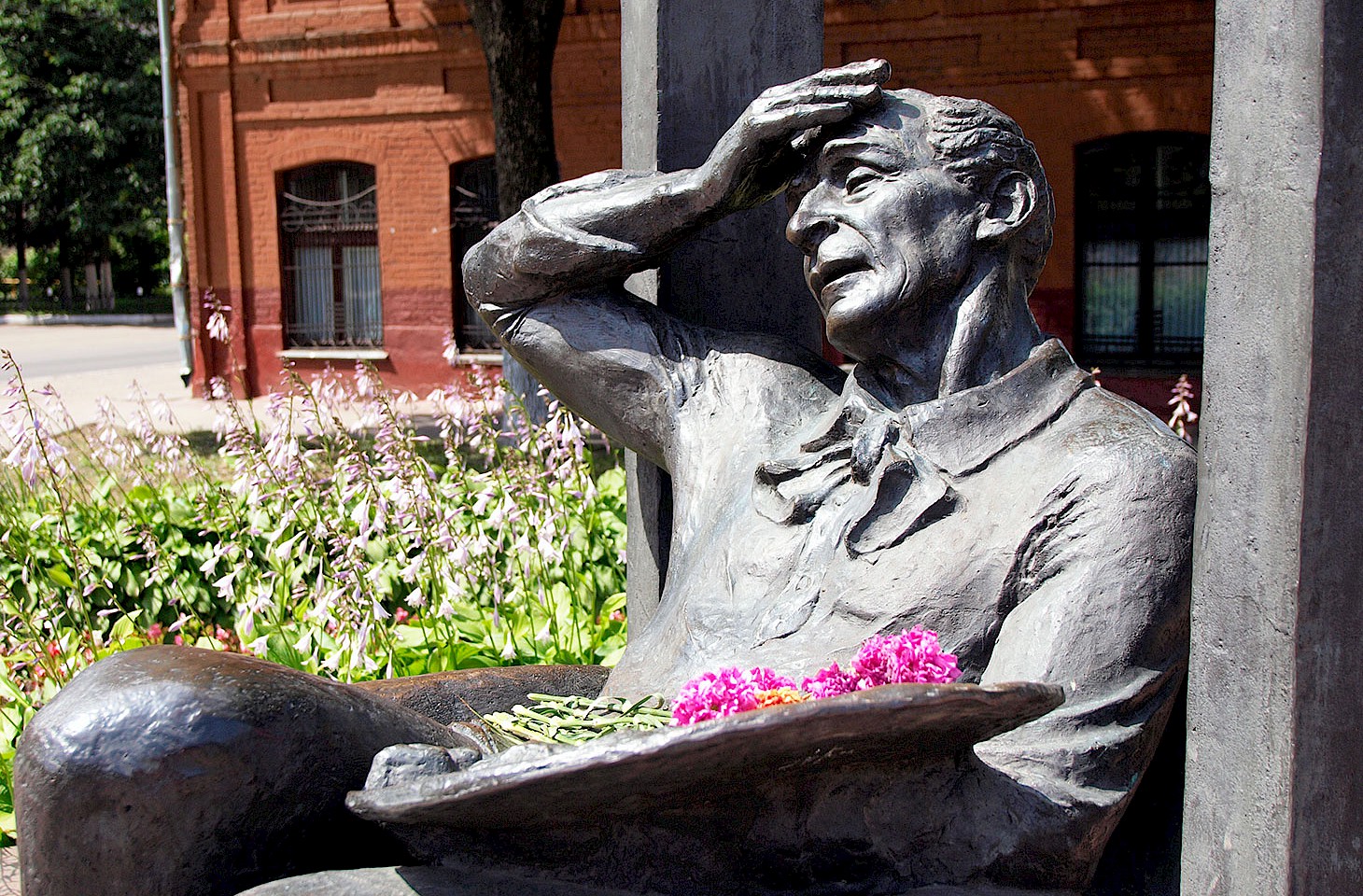In early December, on the sixth day of Hanukkah, the Jewish community in the eastern French town of Thionville gathered to mark the fiftieth anniversary of the dedication of their new synagogue. The earlier synagogue, notable for its fabulous mixture of architectural styles and the cosmopolitan nature of the community that worshipped therein, was burnt down by the Nazis. The eastern French provinces of Alsace and Lorraine have always had a rich Jewish history. Was it not in Metz that Jews gathered in their synagogue after the revolution to sing a Hebrew rendering of the Marseillaise? And Hanukkah was of course celebrated in many communities in other parts of France: psalms were recited in the Grande Synagogue de Paris, and each evening another candle was lit on the menorah in countless homes in the maze of courtyards around the rue des Rosiers.
Yet there is another France, one where the vestiges of Jewish life are mere traces in the landscape. Peter Wortsman has been on the trail of lost Jewish communities in southeast France.
Only lovers and the occasional hiker climb the steep Sentier des Fades (Footpath of the Fairies). It is a rough trail that winds its way up the mountain above the narrow streets of Serres. If you turn your head at one particular bend on the path and ignore the eyesore of the local supermarket, the cluster of red rooftops hovering over the green expanse of the Buëch Valley is a soothing sight. But I had not climbed up above Serres for the view. I came to track down a solitary tombstone.
Locally, the stone on the hill above Serres is referred to as la pierre écrite (the inscribed stone). Or sometimes as le tombeau du Juif (the tomb of the Jew). It is the sole monument of its kind in the region, and perhaps in all of France. The origin of this fourteenth-century tomb remains a mystery, for Jews are seldom, if ever, buried alone. But we do know the name of the man whose mortal remains lie under the stone. The Hebrew epitaph reads: "Rabbi Joseph, son of Rabbi Netan'el," followed by a single clipped paraphrase from the Book of Isaiah (30,18): "May the Lord wait, that he may have mercy upon you." What is not written is possibly more telling.


